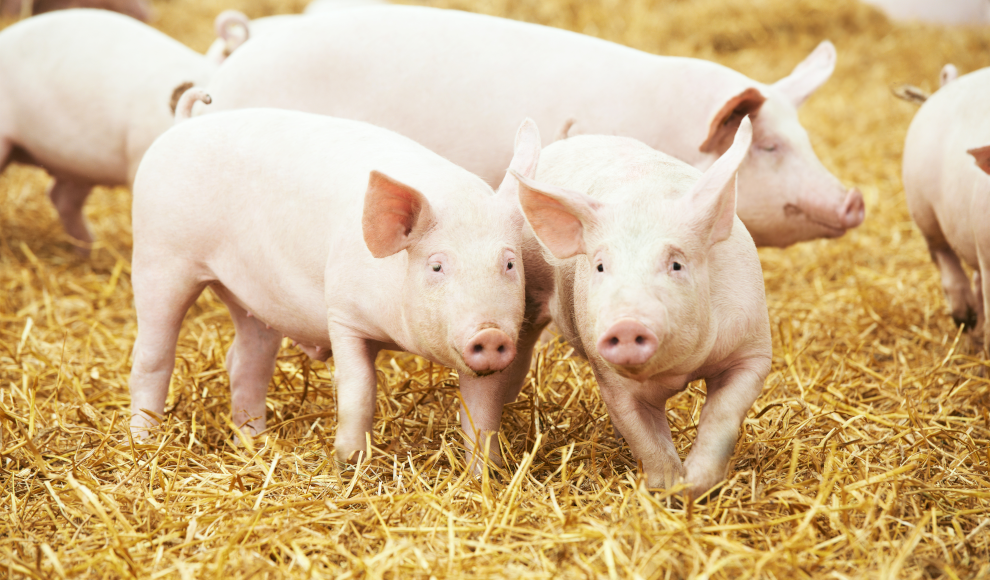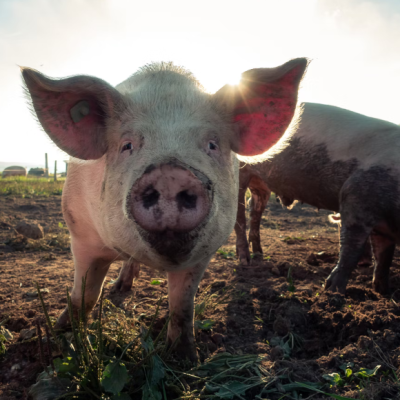The meat of pigs fed with Shochu residues has a better taste, according to a recent study by the University of Tokyo in collaboration with the Kirin Central Research Institute. Shochu is a Japanese alcoholic beverage made from barley, potatoes, rice, or other starchy foods. The residues left over from its production are currently considered industrial waste and often disposed of in ways that generate more harmful carbon dioxide. However, the study shows that these residues can be used to feed pigs, potentially reducing their stress levels and improving the quality and taste of their meat.
The researchers fed six pigs with a standard diet supplemented with dried mixtures of barley, mold, and yeast left over from Shochu distillation. Pigs fed with Shochu residues had higher levels of antibodies in their saliva, indicating better health than those on the standard diet. They also had lower stress levels, as measured by the amount of cortisol, a common stress hormone, in their saliva. Additional tests on mice showed that Shochu residues helped them recover faster from stressful events and maintain normal dopamine levels in their brains.
To confirm whether Shochu residues actually improve the taste of meat, Kirin conducted a blind tasting. The results showed that pork chops and fillets from pigs fed with Shochu residues were of higher quality than those from pigs on the standard diet, with better umami taste, tenderness, juiciness, and overall aroma. The superior taste is likely due to chemical differences in the meat, such as a higher melting point of fat and a higher proportion of oleic acid, an unsaturated fatty acid associated with improved levels of healthy LDL cholesterol.
This study has implications for both the local community and the global environment, as it offers a way to reduce waste and improve the quality of meat production. It also highlights the potential benefits of collaborative research projects between academia and industry.









